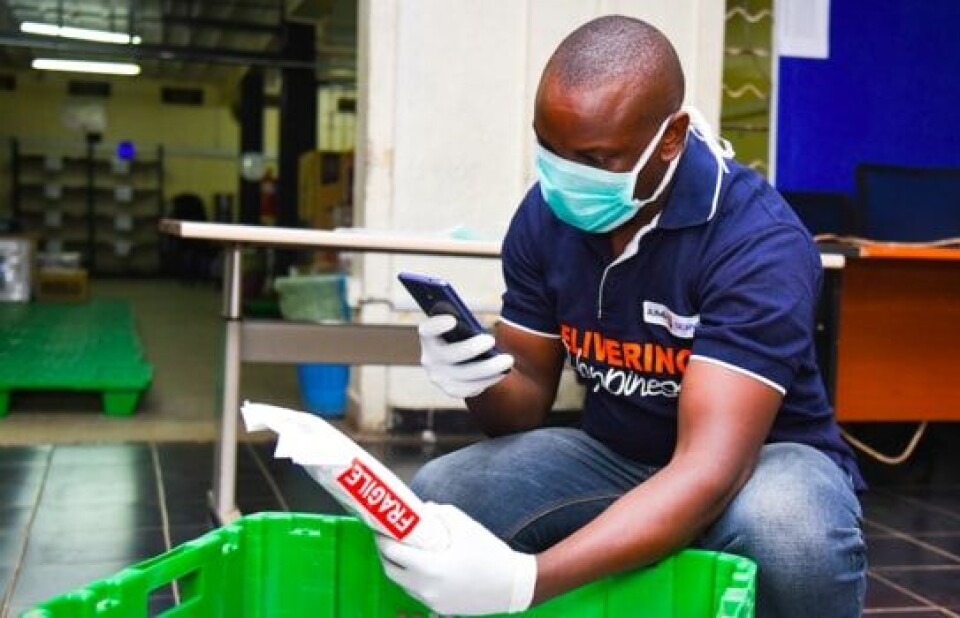Our current reality has proved that flexibility is paramount to survival, for small companies and larger corporates alike.
Business continuity plans for most in these times, involve embracing digital solutions to stay afloat and implementing such solutions quickly enough to retain market share.
Companies in specific sectors like hospitality, logistics, food and beverages have begun to see the value in collaboration, enabling their businesses to thrive in this difficult season.
As a lawyer who regularly advises large corporates as well as start-ups, this development has been interesting for me to watch, as businesses are keen on making quick decisions to further business continuity.
I think we can expect to see more businesses evolve into the e-commerce space, while others will be more willing to explore collaborations.
Sand K Mba, the Executive Director of Africa International Trade and Commerce Research, says the use of e-commerce during the pandemic is not only an alternative to doing business but also a tool to combat the spread of the virus.
“E-commerce promotes cashless and contactless trade transactions which is in line with the prevention measures of social distancing and isolation. With proper implementation and support, e-commerce offers us both the economic and health solutions required to combat Covid-19.”
This was reinforced by Chris Folayan, founder and Chief Executive of Mall for Africa, an e-commerce platform, in a recent interview with the International Trade Centre. Folayan said then, "I am very confident that e-commerce has a major role to play in the economic growth of Africa, and some of this is already happening. But we still have a lot to do. Beyond the immediate crisis, small firms need to invest in education and digital skills. E-commerce is sure to grow in importance and may even boom after the crisis. This is the moment - if you have time - to improve the planning and documenting of your inventory, learn about digital tools for communication and promotion and plan how you might capture the wave".
Website and app developers are indeed seeing an increase in earnings. Businesses, which were previously without an online presence, are now keen on leveraging technology and getting their products online to reach a wider pool of customers.
More micro, small and medium scale enterprises (MSMEs) continue to utilize social media platforms like Instagram and Facebook to drive sales, even as “social distancing” continues to be a watch-phrase.
There is less and less physical store patronage and, as someone jokingly remarked, in these times, "prevention" is better than being “discharged”!
To the surprise of many, 5-star Nigerian hotels, Eko Hotel & Suites and Transcorp Hilton Hotels, have also introduced take-out menu options, home delivery laundry services and online gym sessions for their customers. It is clear that many are trying to make ‘lemonade out of lemons’ and are keen on implementing strategic decisions.
Popular Lagos restaurants like NOK by Alara and Atmosphere Rooftop have also switched up their menus in response to these times and introduced take-out menus as well. A few others are also considering purchasing dispatch bikes to enable them handle customer orders and deliveries, end-to-end.
Undoubtedly, many recognise the fast paced growth of the e-commerce industry, not just in Nigeria but in Africa.
To join Africa Legal's mailing list please click here

